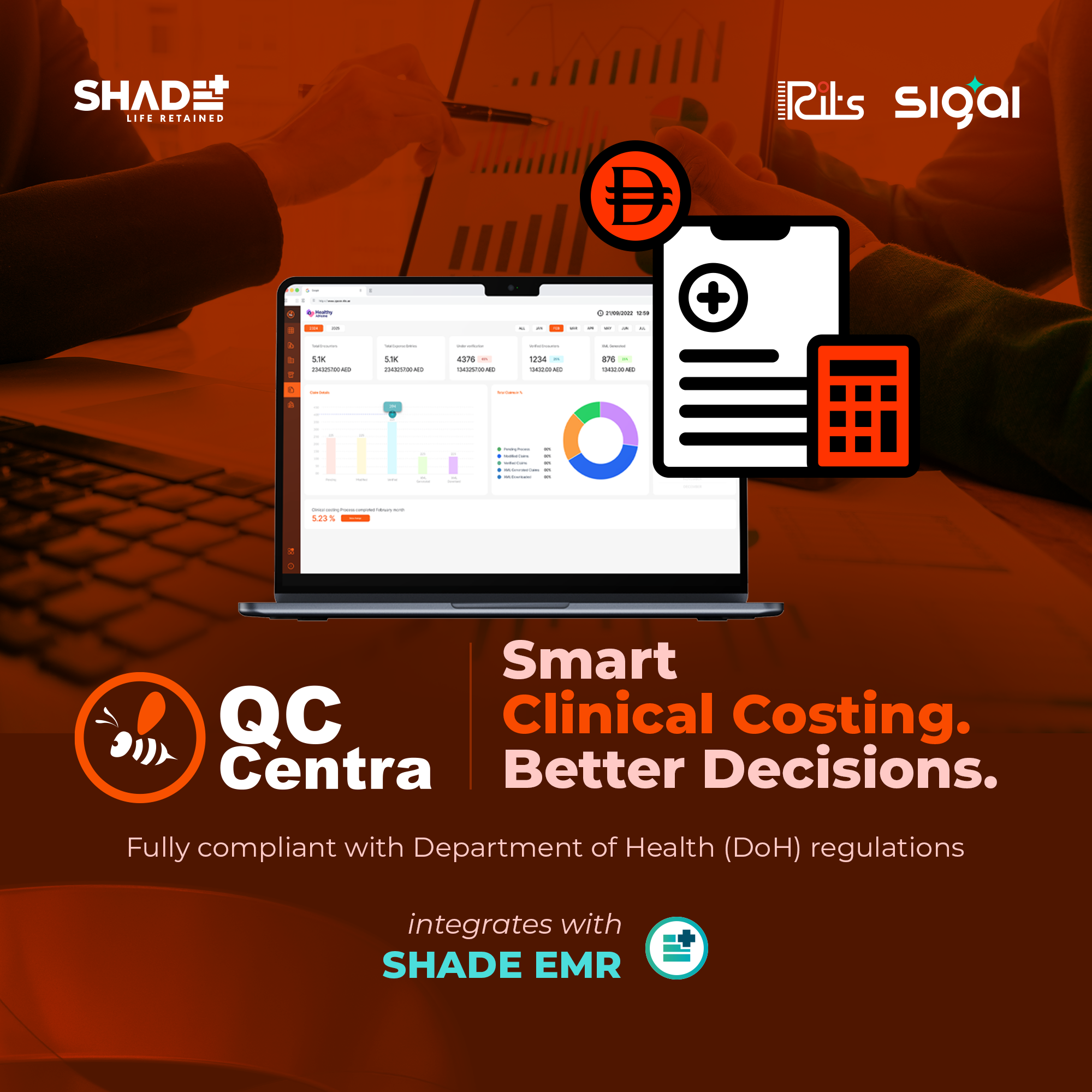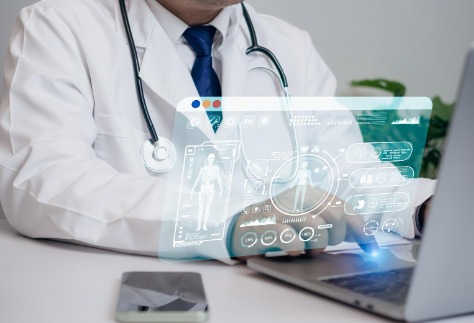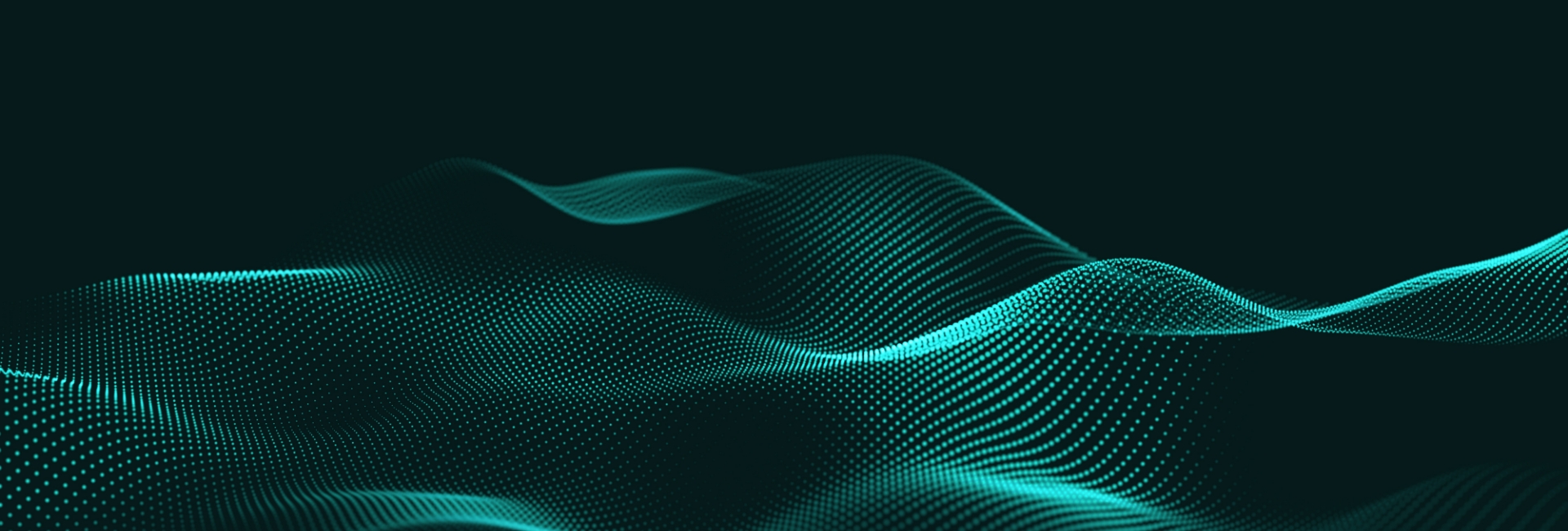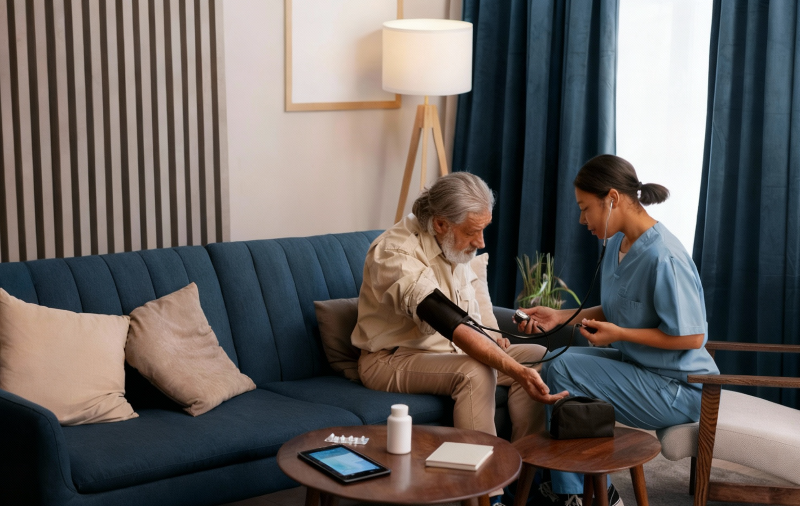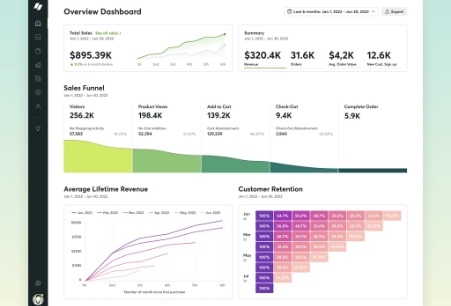FACILITY MANAGEMENT
Hospitals authorities are able to manage their available resources, analyze staff work, reduce the equipment downtime, optimize the supply chain, etc. Another fact to mention is that hospital staff deal with the digital data instead of endless paperwork
FINANCIAL CONTROL AND TAX PLANNING
The management has the ability to monitor different financial operations including expenses, profits, and losses, paying bills and taxes, in and outpatient billing. The financial awareness helps to analyze business prospects quite clear and move in the right direction.
MARKET STRATEGY
Due to the high market competitive nature, the medical industry is also open to all the different innovations that enable communication between patients, doctors, suppliers, and marketing services providers.
